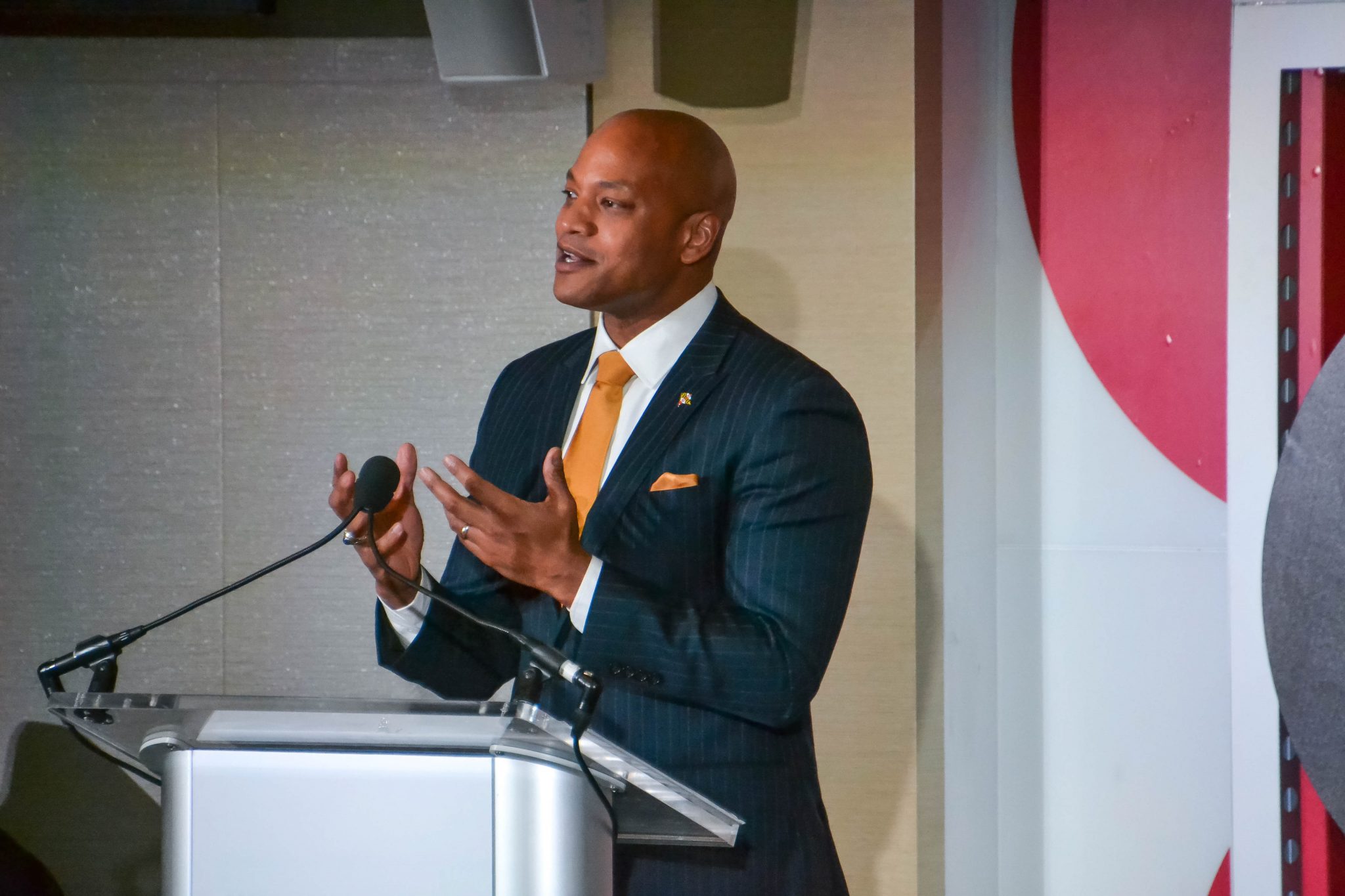Maryland Gov. Wes Moore issued pardons for more than 175,000 cannabis-related convictions on Monday morning.
The pardons, which will forgive convictions for misdemeanor cannabis possession and misdemeanor drug paraphernalia possession charges, could affect about 100,000 Marylanders, The Washington Post reported Sunday night.
Marylanders voted in 2022 to approve a constitutional amendment legalizing the use and possession of cannabis in the state. Maryland legalized medical cannabis in 2014.
During a press conference Monday, Moore said that “legalization does not turn back the clock on decades of harm that was caused by this war on drugs.”
“We cannot celebrate the benefits of legalization if we do not address the consequences of criminalization,” Moore said at the press conference.
Having a criminal record makes it harder for people to secure housing, find employment and gain access to education, Moore added.
[Angela Alsobrooks wins Maryland Democratic nomination for US Senate]
Maryland Attorney General Anthony Brown said at the press conference that the United States has taken too long to correct an unfair criminal justice system.
“The impact [of the pardon] is a triumphant victory for African Americans and other Marylanders of color who were disproportionately arrested, convicted and sentenced for actions yesterday that are lawful today,” Brown said.
Online court records should show people’s cannabis-related misdemeanor charges have been pardoned in about two weeks, according to a news release from Moore’s office.
The pardons will not affect anyone who is incarcerated. Misdemeanor possession charges carry short sentencing guidelines, and no one is currently imprisoned on such charges in the state, The Washington Post reported.
Brown noted Maryland has “a sad distinction” with its high incarceration rates of Black people — who are incarcerated at a rate 5.3 times higher than white people in the state, according to the Prison Policy Initiative.
“It’s another alarming racial disparity,” Brown said.
Several state leaders and advocates praised the pardons.
“We celebrate this historic and impactful action by the Governor and recognize the continued work ahead — in partnership with the legislature and governor — to reduce the long-term impact of criminal convictions,” Jheanelle Wilkins, chair of the Maryland House of Delegates’ Legislative Black Caucus, said in a statement sent to The Diamondback.
[Larry Hogan wins Maryland Republican nomination for US Senate]
The Clean Slate Initiative is a nonprofit advocacy organization that works to pass laws allowing people to clear their criminal records if they don’t commit further offenses.
Sheena Meade, the organization’s CEO, said in a press release Monday that the pardons “demonstrate Governor Moore’s commitment to ensuring Marylanders have a fair opportunity to build a better future for themselves and their families.”
Prince George’s County State’s Attorney Aisha Braveboy applauded Moore’s decision to pardon low-level cannabis convictions.
“In doing so, we restore hope for individuals who have been held back and denied housing, employment, education and other essential opportunities because of a criminal record,” Braveboy said in a news release. “No one should continue to be impacted by the previous system.”
Moore said that while today is “a big step forward,” it will not be the state’s last on this issue.
“This is about recognizing our collective shared responsibility,” Moore said. “This is about changing how both government and society view those who have been walled off from opportunity because of broken and uneven policies.”



